Articles by Noah Stansfield

Bruce Cree, MD, PhD, MAS, a professor of neurology and the clinical research director of the University of California San Francisco (UCSF) Multiple Sclerosis Center discussed the importance of further research into the root cause of MS and other autoimmune diseases.
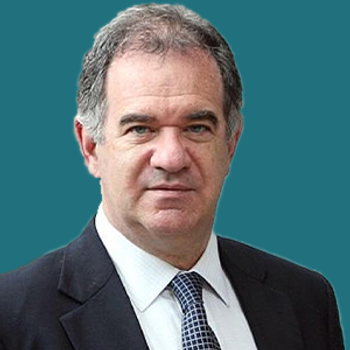
The company noted that it plans to submit the BLA in the second quarter of 2024.

John Ligon, MD, an assistant professor in the department of pediatrics at the University of Florida College of Medicine, discussed his view of the main priorities for research in this area.

Bemdaneprocel remained well-tolerated and no major safety issues had occurred in the treated patients.

Bruce Cree, MD, PhD, MAS, a professor of neurology and the clinical research director of the University of California San Francisco (UCSF) Multiple Sclerosis Center discussed considerations for evaluating CAR-T in patients most likely to obtain meaningful benefit.

Catch up on the latest news, breakthroughs, and announcements from biotechnology companies making advancements in cell and gene therapies.

John Ligon, MD, an assistant professor in the department of pediatrics at the University of Florida College of Medicine, discussed his team’s early findings on CAR-T and fertility from CIBMTR centers.

Arsa-cel, approved under the name Lenmeldy, is set to be priced at $4.25 million.
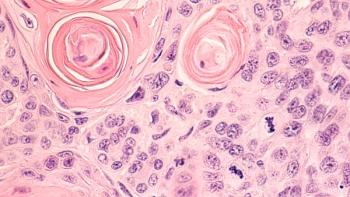
At the 2-month follow-up PET/CT scan, the patient showed a 6.6% reduction in tumor size.

Bruce Cree, MD, PhD, MAS, a professor of neurology and the clinical research director of the University of California San Francisco (UCSF) Multiple Sclerosis Center discussed the potential impact of CAR-T therapy on the lives of patients with autoimmune disease.

Sandra P. Reyna, MD, the chief scientific advisor and head of global medical engagement for SMA at Novartis, discussed data from the phase 3b SMART clinical trial (NCT04851873) that were presented at MDA's 2024 conference.
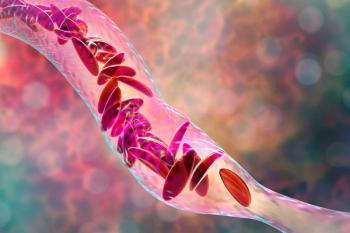
bluebird bio stated that it is working on additional agreements with more than 15 more Medicaid agencies.

Bruce Cree, MD, PhD, MAS, a professor of neurology and the clinical research director of the University of California San Francisco (UCSF) Multiple Sclerosis Center discussed the need for randomized-control trials for CAR-T in lupus and other autoimmune diseases.

Catch up on the latest news, breakthroughs, and announcements from biotechnology companies making advancements in cell and gene therapies.

According to Federal Register notices, the guidance documents are updated versions of drafts originally published in March 2022.
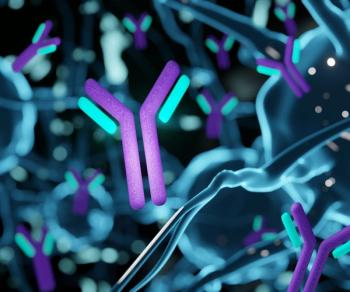
The company has received clearance from the FDA for a phase 1 clinical trial for its allogeneic CAR-T in patients with lupus nephritis.

Bruce Cree, MD, PhD, MAS, a professor of neurology and the clinical research director of the University of California San Francisco (UCSF) Multiple Sclerosis Center discussed the hypothesis behind research on the use of CAR-T for multiple sclerosis.

Peter A. Merkel, MD, MPH, the chief of the Division of Rheumatology and a professor of medicine and professor of epidemiology at Penn Medicine, discussed the significant challenges in this field, but also expressed optimism for the future.

Cohort 1, which originally was set to enroll only 5 patients, has been expanded to allow for the inclusion of 8 patients in total.

Taysha Gene Therapies also announced additional updates on the TSHA-102 program for both adolescent adult patients and pediatric patients.

Catch up on the latest news, breakthroughs, and announcements from biotechnology companies making advancements in cell and gene therapies.

The data comes from 7 patients treated in the phase 1/2 IGNITE-DMD study (NCT03368742).

The real-world data, which includes patients who received Zolgensma before and after tracheostomy, comes from the noninterventional RESTORE registry (NCT04174157).

The phase 3b SMART trial included 24 patients in total who each weighed from 8.5 kg to 21 kg at the time of treatment.
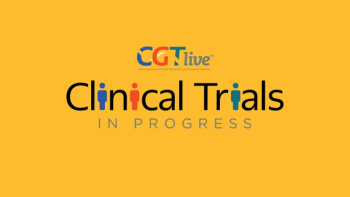
In observance of World Hearing Day, held annually on March 3, CGTLive® took a closer look at the clinical evaluation of hearing loss gene therapy DB-OTO.

In observance of Rare Disease Day, held this year on February 29, catch up on some of the latest data updates from clinical trials for rare diseases.

Catch up on the latest news, breakthroughs, and announcements from biotechnology companies making advancements in cell and gene therapies.
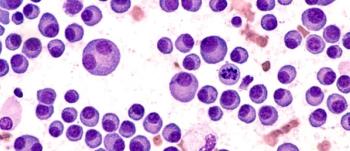
The long-term data comes from 2 cohorts in the phase 2 CARTITUDE-2 clinical trial.
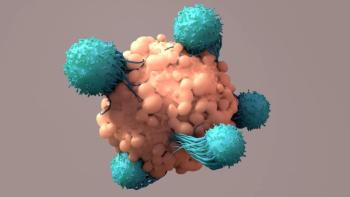
The data comes from an expanded access protocol (EAP; JCAR017-EAP-001) that included 96 patients in total who were treated with the nonconforming product.

Juliane Gust, MD, PhD, an assistant professor of neurology at University of Washington, Seattle Children's, discussed a study that is currently underway via the NIH’s CARnation Consortium that will seek to address this gap in knowledge.





















